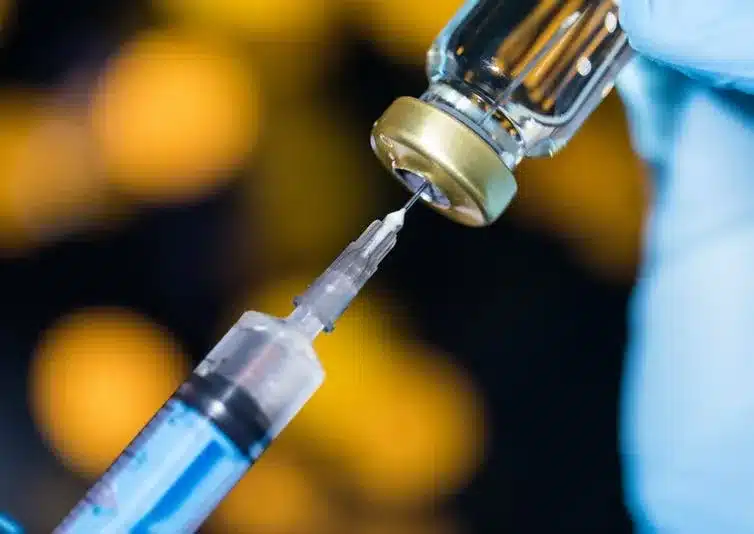F8 Studio/Shutterstock
Zania Stamataki, University of Birmingham
There was – rightfully – a lot of excitement when Pfizer and BioNTech announced interim results from their COVID vaccine trial. The vaccine, called BNT162b2, was reported to have an “efficacy rate above 90%”. This was soon translated in the press to be 90% “effective” at preventing COVID-19. Efficacy, effectiveness – what’s the difference?
We academics are very precise in our language and it can be a cause of considerable frustration when the media doesn’t appreciate the important distinction between certain terms. I was recently asked not to use the term “efficacy” for my radio interview because “listeners won’t understand what it means”. Sometimes accuracy can get in the way of clarity, so it’s important to know when to let these things go. However, now is perhaps the time to draw a clear distinction between efficacy and effectiveness.
What is vaccine efficacy?
In short, efficacy is the performance of a treatment under ideal and controlled circumstances, and effectiveness is performance under real-world conditions. So what does this mean in terms of the Pfizer/BioNTech vaccine trial?
Clinical trials are precise and neat, and aim to answer if a vaccine is safe and if it works. To achieve this, the participants who are recruited to have the vaccine (or a placebo) are likely to be generally healthy. In early clinical trials, participants may not be the intended vulnerable group of people we are aiming to protect eventually with this product, for example, children or older people with other conditions.
To work out vaccine efficacy we must compare it to a “control” treatment, which is usually an irrelevant or known vaccine or similar preparation that shouldn’t work for the tested virus. The trials are often “double-blinded” so the participants don’t know which vaccine they received, and the researchers don’t know which vaccine they administered until the end of the study.
The Pfizer/BioNTech vaccine reports 90% efficacy, which means that their vaccine prevented COVID-19 symptoms for 90% of volunteers that received the vaccine compared to placebo. This is very high and will probably change by the end of the study. The press release reported the results for 94 participants – they need 164 to complete the trial, which shouldn’t take long. Safe vaccines with efficacy above 50% are expected to be approved for COVID-19.
How do we measure if a vaccine is effective?
So what do we mean by vaccine effectiveness? Monitoring of vaccines does not stop after they are approved for use. When the vaccine is deployed, data will continue to be collected to study how well it works over the years for all vaccinated people.
Important parameters include vaccine performance for different groups (age, ethnic background, other conditions), duration of protection (duration of immunity and effectiveness against evolving virus strains), the balance of benefit against harms. Cost effectiveness is also an ongoing consideration, based on comparisons with other vaccine and treatment options.
We don’t know what the overall effectiveness of the vaccine will be in preventing COVID-19 symptoms, severe disease or deaths, and it may be several years before studies report on the effectiveness of BNT162b2 for different groups. However, it is unlikely that it will be 90%.
But then very few vaccines – aside from measles and chickenpox – are 90% effective. The flu vaccine is around 40%-60% effective, but it still saves millions of lives. And that’s something to celebrate.
Zania Stamataki, Senior Lecturer in Viral Immunology, University of Birmingham
This article is republished from The Conversation under a Creative Commons license. Read the original article.

